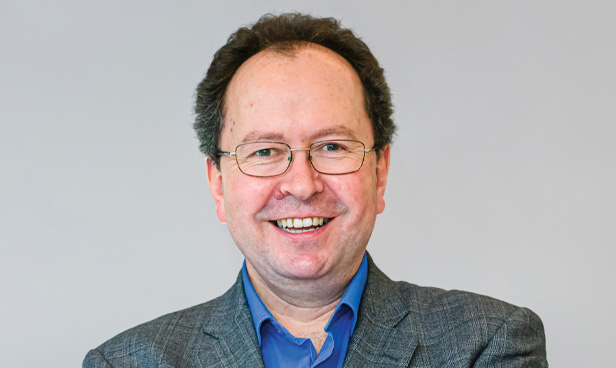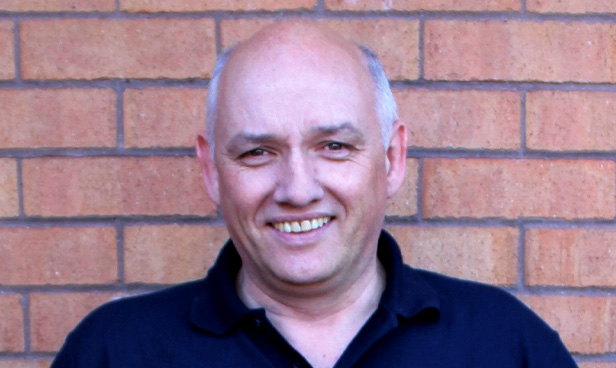
Leading the way to 2030
29th April 2021
Pathways to the 2030 renewable electricity target
29th April 2021Decarbonising your business: Where do you start?

You are probably reading this as you’re already recognising the need to decarbonise your business but don’t know where to start. Many in the business community are already struggling with the impacts of Covid-19 but are aware that climate change remains one of the greatest challenges we all face. There is also of the long-term negative effects of increasing carbon taxes that in Ireland are going to surge by 400% from now until 2030.
What does decarbonising mean for your business?
Decarbonising means reducing the carbon emissions generated by your entire business’ activities. You can do this by reducing energy usage or transitioning to renewable sources of energy and heating in your own business and your supply chain. Renewable energy is the energy that is not generated from fossil fuels, like oil or gas.
Why should you consider going carbon neutral with your business?
If the Covid-19 pandemic has taught us anything, it’s the importance of resilience. So it’s extremely important to be prepared for the future low carbon environment to enhance your business resilience and help your business to survive in a decarbonised economy.
Looking at the cost of emissions: Between 2020 and 2030, to meet lower carbon emissions targets, the Irish Government has committed to increase the carbon tax on fossil fuels. This will see increased carbon taxes by 400% in 2030.
There is a government support scheme out there for financial support: With the Support Scheme for Renewable Heat (SSRH) you can get 15 years Government funding for switching to renewable fuel for your business heating needs. This scheme is designed to increase the energy generated from renewable sources in the heat sector. The scheme is open to commercial, industrial, agricultural, district heating, public sector and other non-domestic heat users.
The SSRH supports only biomass fuels that are sustainable, traceable and can achieve at least a 70% reduction of CO2 emissions. Wood pellets are included here. In Ireland owing to our forestry industry, Irish wood pellets achieve 100% reduction in emissions.
If all this sounds too complicated, who can help your business with this?
Balcas is a large timber producer, clean electricity generator, and wood pellet manufacturer. We directly employ close to 400 people with the same again indirectly. We have a large and growing team who are dedicated to the sustainable use of timber in a range of products and in renewable heat generation.
Forestry is a critical pillar of the nation’s climate action and air quality plan. As a business based in rural part of Ireland that plays a large part in Irelands forestry sector, we support this Islands ambition to significantly increase forest planting each year. Ireland’s forests already contain in excess of 312 million tonnes of carbon and they absorb an additional 4+ million tonnes of CO2 each year.
“It is well known that forests play a key role in our battle against climate change; storing carbon while sucking in carbon dioxide from the atmosphere and locking it into their biomass,” Sir David Attenborough, UN Environment Programme. The forestry sector is bringing sustainable jobs and incomes to our rural economies. Ireland’s fast-growing forest sector makes a €2 billion contribution to the island economy and employs 12,000 people. These are rural jobs in a sustainable industry that is an important part of our bioeconomy. We are producing the timber we need to build our houses and schools and putting millions of euros into communities across the country. This is a fast-growing industry focussed on technology and innovation with a bright future. The triple carbon benefit of forest biomass are:
- Trees sequester carbon as they grow.
- Carbon is locked away in timber products that displace carbon-intensive products.
- At end of life, forest products and residuals can be converted into carbon neutral energy and used for heating and generating electricity.
With nearly 60 years of experience in the timber trade, Balcas branched out into renewable energy in 2005, specifically biomass CHP to run its sawmills and to pioneer wood pellets for the UK and Irish markets.
Aligned to the Government’s strategy of reducing greenhouse gas emissions from using fossil fuels, our ultimate goal is to help businesses to decarbonise their heat source. By controlling every aspect of the supply chain from forest to flame, we guarantee a consistency of supply and quality of product.
From sustainable manufacturing, by using 100% renewable energy to create the wood pellets, to providing fully integrated heating solutions – we bring you the power to choose renewable by making it more reliable 12 months a year.
So how can we help you…
We supply wood pellet fuel to thousands of domestic, commercial and industrial customers in Ireland and the UK, and our team offers the complete alternative fuel solution to meet the needs of each individual client. We offer:
- Full turnkey service, with a successful track record in designing, installing, commissioning and maintaining biomass boiler solutions for steam and hot water;
- Customers the ability to pay for the kWh’s of actual heat supplied;
- Secure and continued supply of ENplus® A1 Wood Pellet fuel, as the largest producer and distributor of wood pellets in Ireland and the UK;
- 24/7 monitoring of the installed biomass heating system to detect any downtimes;
- Expert team of Engineers and dedicated Account Manager.
More info at www.balcasenergy.com/carbon-tax
Ian McCracken
Business Development Director
Balcas Energy
